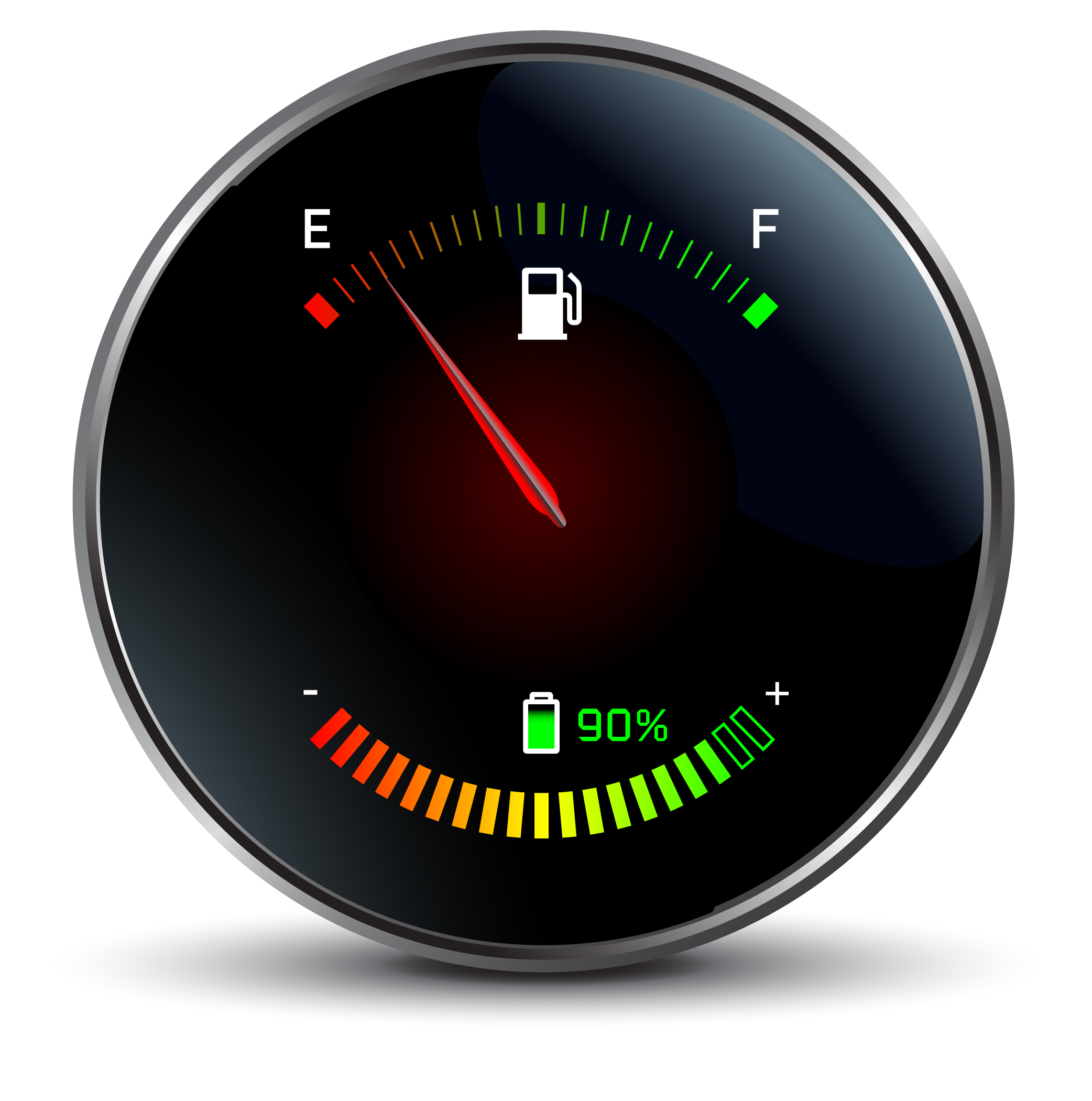The Lowdown on Gas vs. Electric Power
by Jeff Gutkowski
For many of us, it can be really confusing to try to compare gas power vs. electric power. Despite being expected to do the same type of work, each uses a different relative unit of measurement.
No one would ever tell you that a gas-powered car has an engine that generates 2,000 kilowatt hours or your battery-operated drill generates 1 horsepower. That’s because gas-powered engines are rated on the basis of horsepower or displacement, while electrical devices are rated on a measurement of energy called watt hours.
To make things even more confusing, a kilowatt-hour (1,000 watt hours) is the same amount of energy whether drawing 1 watt for a thousand hours or 1,000 watts for 1 hour.
In other words, energy is a measurement of how much work the device can do, but power is a measurement of how fast the same work gets done. Power is energy per unit of time.
Good rule of thumb: 1 horsepower = 746 watts.
The decision analysis between gas equipment or electric equipment always starts with the right assessment of the particular task at hand. Do you really need a leaf blower that terrifies the three little pigs or do you just need it to clear off a small driveway? Do you have 5 minutes of light weedwacking after mowing the lawn, or does brush overgrowth threaten the security of your backyard?
As technologies improve, battery operated equipment is becoming more powerful, providing in some cases the power benefits and portability of gas equipment, with the environmental and maneuverability benefits of electric. Electric and battery powered equipment used around the house tends to be lighter, more manageable, more convenient and cleaner. On the con side, with an electric device, you either have to tether yourself by extension cord to an electrical outlet or allocate the time to charge a battery. Ultimately, the power generated by an electric motor on any device is limited by the amount of electricity drawn from your home’s electrical service or the battery.
On the other hand, gas-powered equipment still creates more power, but at a cost. Gas engines tend to make equipment heavier, bulkier, require oil and fuel, creating pollution (ground, air and noise) and contributing to greenhouse gases.
More moving parts in a combustion engine means higher regular maintenance costs, too. But the biggest advantage that gas power has over electrical (around the house) is scalability. A quick visit to your local hardware store reinforces that when it comes to gas power, you get more by simply upsizing the engine—which isn’t quite so available on the electric side. Increasing power in electrical equipment requires a greater supply of electricity, which only comes from a distribution network that you’ll find in heavy industry.
So let’s take a look at some common appliances and make some comparisons:
Power washers: A solid residential electrical power washer will generate over 2,000 psi (pounds per square inch) of water pressure and 1.76 gallons per minute of flow. For the same price, a gas powered pressure washer will generate 30% more psi and flow.
Clothes dryers: Both use electricity to turn the wet clothes- containing drum, but they heat the air inside the drum differently. Gas dryers have a higher initial cost because they may require professional installation but in the long run, gas may be less expensive than electricity.
Lawnmowers: If you don’t have a lot of grass to mow or you don’t let your grass get too thick, then electric provides some significant advantages despite higher initial costs. In the long run, electric mowers are cheaper and limit ground, air and noise pollution. And with the recent improvements in battery technology, you can cut the cord and mow for around an hour. On the other hand, gas mowers come with wider wheel bases for fewer passes needed, scalability in the engines, and, if well maintained, last a very long time.
Weed Wackers/Leaf Blowers/Chainsaws: For these common household tools, the analysis is the same—it all depends on the size of the job. The benefits of gas include greater power, endurance and portability, while downsides include the need for maintenance, fuel, and oil that creates noise pollution, fumes and emissions.
The electric versions don’t have the same power and plugging in means dragging an extension cord around, but they are much quieter, lighter, and get the approval of your environmental conscience. For instance, a battery operated leaf blower will generate winds up to 140 miles per hour and is 8 lbs lighter than a similarly priced gas competitor that generates winds at 180 miles per hour.
When it comes to chainsaws, there is no weight benefit from a battery. Your run time could be as little as 30 minutes and don’t expect to be cutting anything greater than 12” in diameter. On the con side, sometimes you need to be your own mechanic with a gas chain saw.
When making the choice about which tool is best for you, remember, “use the right tool for the right job.”








Leave A Comment